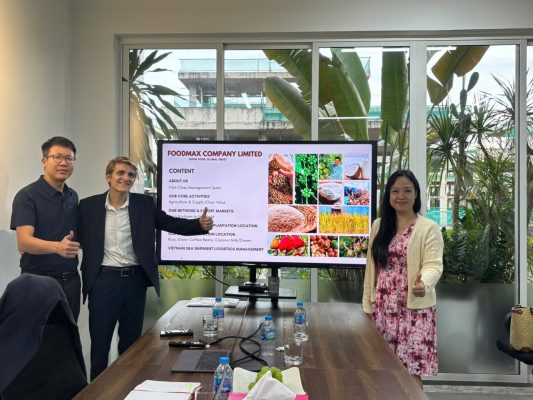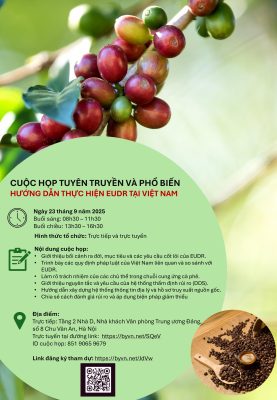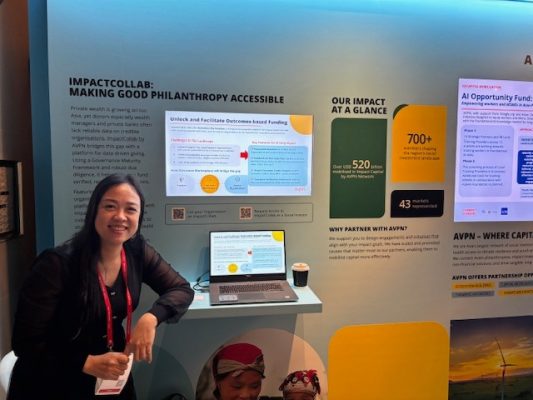“Hanging Gold” in the Con Cuong Thai Village

The lush orange orchards of the Thai ethnic community in Pha Village, Yen Khe Commune, Con Cuong District (Nghe An Province) yield not only tens of tons of fruit each season, but also provide the foundation for producing unique local products. These innovations both enhance the value of the oranges and contribute to the development of local tourism.
A 2–3 meter-wide canal, nearly 2 meters deep, winds its way around Pha Village, surrounding many orange gardens with its gentle flow. Around this time last year, the canal was flooded with fallen oranges discarded from the orchards. “Just from my garden alone, I had to throw away four tons of oranges, it was heartbreaking,” recalled Mr. Tang Ngoc Son, owner of a nearly 1.4 hectare orchard. Beyond the financial loss, the sour, foul stench that engulfed the village was even more concerning. Rotting fruit, crawling with insects and swarming with flies, forcing passersby to hold their noses and their breath.

An orange orchard in Pha Village, two months before harvest. Photo: Viet Cuong/JICA
This year tells a different story. The 7.8-hectare orange orchard, shared by Mr. Tang Ngoc Son and four other households in the Orange Product Processing Group, although not yet in harvest season, already promise a bumper crop. The branches are heavy with fruit, each one golden-yellow at the base, trademark features of Con Cuong oranges. Even when still green, a test cut reveals the honeyed-red flesh inside. This year’s expected yield is estimated at 20–30 tons per hectare.
“From the very beginning, our family invested over VND 45 million in a drip irrigation system that distributes fertilizer through the water. Since 2016, we’ve received support from the Japan International Cooperation Agency (JICA), in collaboration with the Vietnam Rural Industries Research and Development Institute (VIRI), to continue clean production and develop value-added products from oranges. Every step from weeding to care is carefully monitored and recorded. As a result, our trees have strong roots and withstand storms better. The oranges are abundant, juicy, and safe, meeting food and processing standards,” said Ms. Bich Hoai, wife of Mr. Dung and a member of the same production group as Mr. Son.
Ms. Hoai is eagerly awaiting harvest season. In just a few weeks, the oranges will ripen, and she can open her garden to tourists. With an entry fee of VND 30,000 per visitor, for sightseeing, photography, tasting, and purchasing orange products—her family earned nearly VND 500 million last year.
As she quickly clears dry twigs at the base of the trees and removes vines climbing the garden fence, Ms. Hoai shares: “During tourism season, we clean every path and tree base. Guests can lay out mats and rest in the shade. Around each tree base, we place rattan baskets for fruit and peels, both for aesthetics and to collect waste for processing.”
.

Discarded orange peels can be distilled into essential oil directly in the orchard. Photo: T. Huong
This year, the orchards of Pha Village are clean and well-maintained, almost no fruit goes to waste. Since 2016, the “Livelihood Diversification through Heritage Tourism” project has equipped orange growing households in Pha Village with tools for producing essential oils, peel-drying systems for making candied peel, wine filtration machines, bottle cappers, and date stampers. Early fallen green oranges are peeled and distilled into essential oil right in the orchard. Ripe, thick peels are made into candied orange. Blemished fruit is fermented into orange yeast and blended with filtered rice wine to create fragrant orange liquor. The leftover pulp is used to make compost to nourish the orchards.
This means that even outside of harvest season, visitors can still bring home a variety of orange-based products: essential oils for room fragrance, elegant wooden capped bottles for cars or closets, natural chemical free orange soap, orange yeast, candied peel, and orange wine, perfect for gifting or savoring. The orange tree has helped diversify tourism products in both Con Cuong District and the broader Nghe An Province.

Residents of Pha Village processing orange yeast and wine using equipment funded by JICA. Photo: Viet Cuong/JICA
Standing in the middle of bricks and sand at the construction site of the village’s most modern house, Mr. Tang Ngoc Son calculates: “This orchard is nine years old, and the fruit is at its best. Even sold cheaply at the farm, prices range from VND 30,000 to 45,000 per kilogram. Con Cuong oranges are already famous, and now with VietGAP-certified production, they’re even more sought after. With essential oil, 18 kilograms of orange peel yields 250 ml. Each liter of essential oil sells for VND 4 million. Orange wine costs just VND 1.2 million to produce 60 bottles but sells for VND 2.9 million. The machinery is simple to operate, allowing us to create steady jobs for our children, with monthly earnings of VND 7-8 million per person, plus additional work like weeding and fertilizing for other villagers.”
“Half of this VND 500 million house is thanks to oranges,” Mr. Son noted. Ms. Hoai and Mr. Dung are also renovating an even larger, more beautiful home. “Seeing the effectiveness of this production model, many households in the village are now eager to join. These oranges are like ‘hanging gold,’ helping us prosper.”

Essential oil bottles and car-hanging oil diffusers enhance the value of Pha Village oranges. Photo: Viet Cuong/JICA
Orange products from Pha Village have been promoted by the Con Cuong District and project partners at trade fairs, exhibitions, supermarkets, and hotels in Vinh, Hanoi, and even Ho Chi Minh City. The Vietnam Rural Industries Innovation and Development Company (VIRICO) is currently the main distributor, packaging products in beautifully designed gift baskets and boxes. A cooperative has also been established to support the marketing and sales of oranges and orange-derived goods. Con Cuong District is actively building a five-room stilt house, which will serve as both a demonstration center for producing essential oils, soap, candied peel, yeast, and orange wine, as well as for traditional brocade weaving and direct sales to visitors.

Orange essential oils, candied peel, soap, wine, and yeast are sold at the foot of stilt houses within the orchards. Photo: Thuy Huong
According to Mr. Nguyen Xuan Nam, Head of the Department Culture and Information, and member of Con Cuong People’s Committee, the district aims to complete geographical indication registration for Con Cuong oranges and orange-based products by the end of 2017. “We hope these oranges and their products will reach every region of the country, enriching our people and introducing Con Cuong’s specialties to all,” Mr. Nam expressed..

Pha Village orange products displayed at Muong Thanh Con Cuong Hotel, attracting tourist interest. Photo: Thuy Huong
Source: Báo Tin tức




